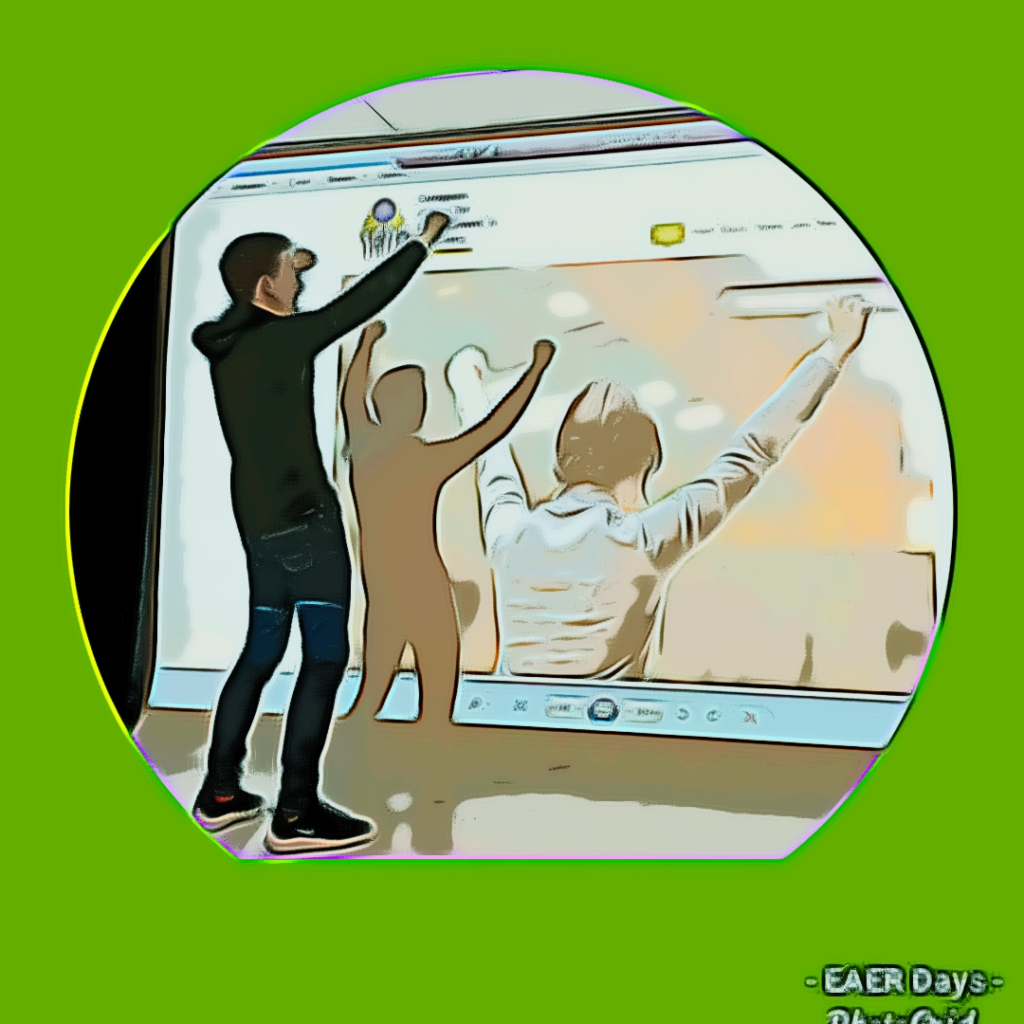#NoFilter

The Right Branding of People in Recovery on Social Media
Papendrecht, Holland. ‘The right words awaken processes of personal healing, family renewal, and community and cultural revitalization. The wrong words stigmatize and disempower individuals, families and communities. People in Recovery face stigma everyday. Although they can be righteously proud to have overcome their addiction, it’s far from sure the labour market will greet them with open arms. On the contrary, people in recovery have to explain their holes in their CVs and show they are ready to do the job to their potential employer!‘
‘In the Netherlands, homelessness and alcohol or drug use are often presented as a public order and safety issue, contributing in this way negatively to the already existing stigma that this population faces: Framing homelessness and alcohol or drug consumption’.

What’s the public opinion in your country?
‘The importance of being a professional social media user as regards to job seeking and entrepreneurship is insufficiently understood and recognised among the people in recovery (usually social media is only used for fun) and their mentors. But how do we brand ourselves, away from a person in recovery with its’ positive and negative stigma?’
The Roles of your branding
‘People in recovery go through several transition phases. The need to heal from your addiction, the sense of purpose to help yourself and help others (the person in recovery as an example to others), must move to getting and keeping a job (without always being the person in recovery). And in every phase the intensity of the professional will change … If you translate this into an identity then you go from being an addict, to an ex-addict, to a person in recovery, to an employee (with a lot of life experience) and the branding that comes with that.’
‘Your problem remains the same, only how you deal with it is different. With a different Mindset, your digital branding also changes.’
The role you have is your branding
If you recover from your addiction, there is also recovery in the roles that you have as a person. You are not only the person in recovery, but also the daughter / son of your father and mother, and you can be the mother / father of your child, and this also applies to your role in society, e.g. in your role as an employee at the office of your employer, or as an entrepreneur … at the moment that you recognize that’s your strength (your are not only the person in recovery !). The person in recovery is a temporary force, starting immediately after your recovered from your addiction. The strength lies in the distance to the problem (your addiction which is in the past), the distance grows and the recovery time becomes longer than other benchmarks in your life, the job you have received, your studies that you have completed, the (volunteer) work you do: This will take the place of the new ‘I’: The ‘I’ that you were originally (before you got addicted) and the one you are (after recovering from your addiction) originally, with the life experience that you take with you. And this must move into the branding of the ‘I’ to someone who is proud of himself/herself, and not because you have recovered, but because you are ‘you’.’
Carla de Vreij /
Pieter van Schie
